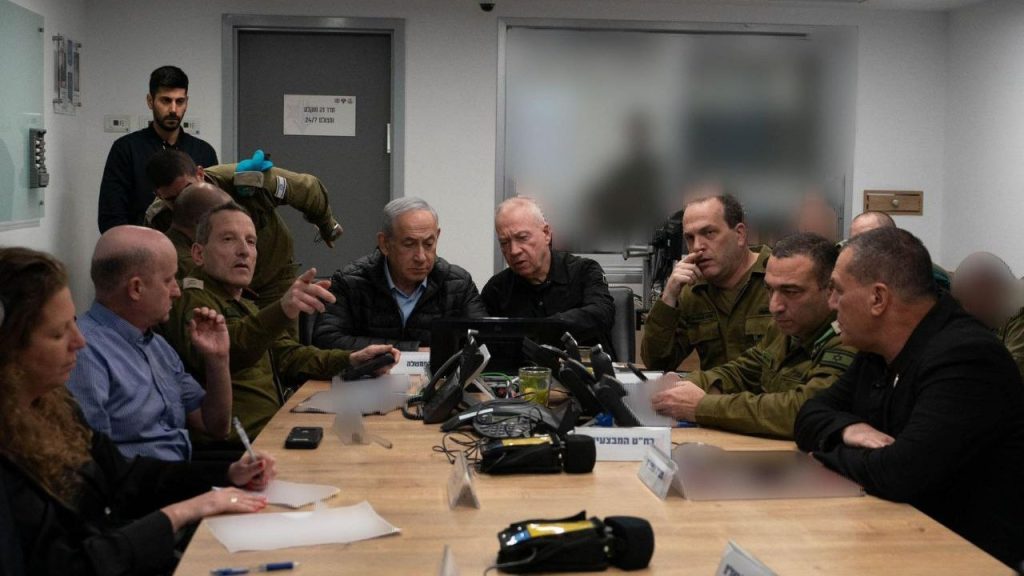The Biden administration was informed of Israel’s plans to retaliate against Iran for a ballistic missile attack on October 1st. Communication between U.S. and Israeli officials led to Washington being informed of the exact time of the attack on a Friday. Speculation arose earlier in the day when the U.S. Central Command confirmed the deployment of more F-16s to the region, indicating a potential Israeli-led attack. White House National Security Council communications director John Kirby did not confirm whether the reinforcement of U.S. defenses meant an Israeli attack was imminent, but emphasized the strong commitment to Israel from the U.S. After the Israeli strikes on Iran, the White House confirmed the operation had begun as an act of self-defense in response to the earlier missile attack.
Following the Israeli airstrikes on Iran under the mission called “Days of Repentance,” the operation was announced to have been completed a few hours later. The Pentagon released a statement that Secretary of Defense Lloyd J. Austin III had spoken with Israeli Minister of Defense Yoav Gallant to receive updates on the strikes. Austin reiterated the U.S.’s commitment to Israel’s security and right to self-defense, as well as its determination to prevent any escalation in the region. The IDF spokesperson also addressed Iran directly, warning of the consequences if Iran were to escalate the situation further, emphasizing Israel’s resolve to defend itself decisively.
Senior Israeli defense sources reported that the targets of the attack were military and intelligence locations. An Iranian news outlet with ties to the IRGC warned of a proportional response to any action taken by Israel. There were no comments on the effectiveness of the strikes yet, but reports suggested damage to Iran’s air defense system, including hitting the IRGC headquarters in Tehran. Hezbollah-aligned networks claimed that Israeli attempts to strike air defense bases around Tehran had failed. The IDF stated that the strikes targeted missile manufacturing facilities and other capabilities used by Iran to threaten Israeli citizens.
Reports indicated additional strikes in Syria and Iraq by Israel, though these locations were not officially mentioned by the IDF. The ongoing conflict between Israel and Iran was expected to continue, as both sides remained vigilant and prepared to respond to any escalation. The effectiveness of Israel’s strikes remained unclear, with conflicting reports on the damage caused. The IDF reiterated its commitment to defending Israel and its people, showing the capability and resolve to act decisively in either offense or defense. The aggressive actions between Israel and Iran suggested that the conflict between the two countries was far from over.


